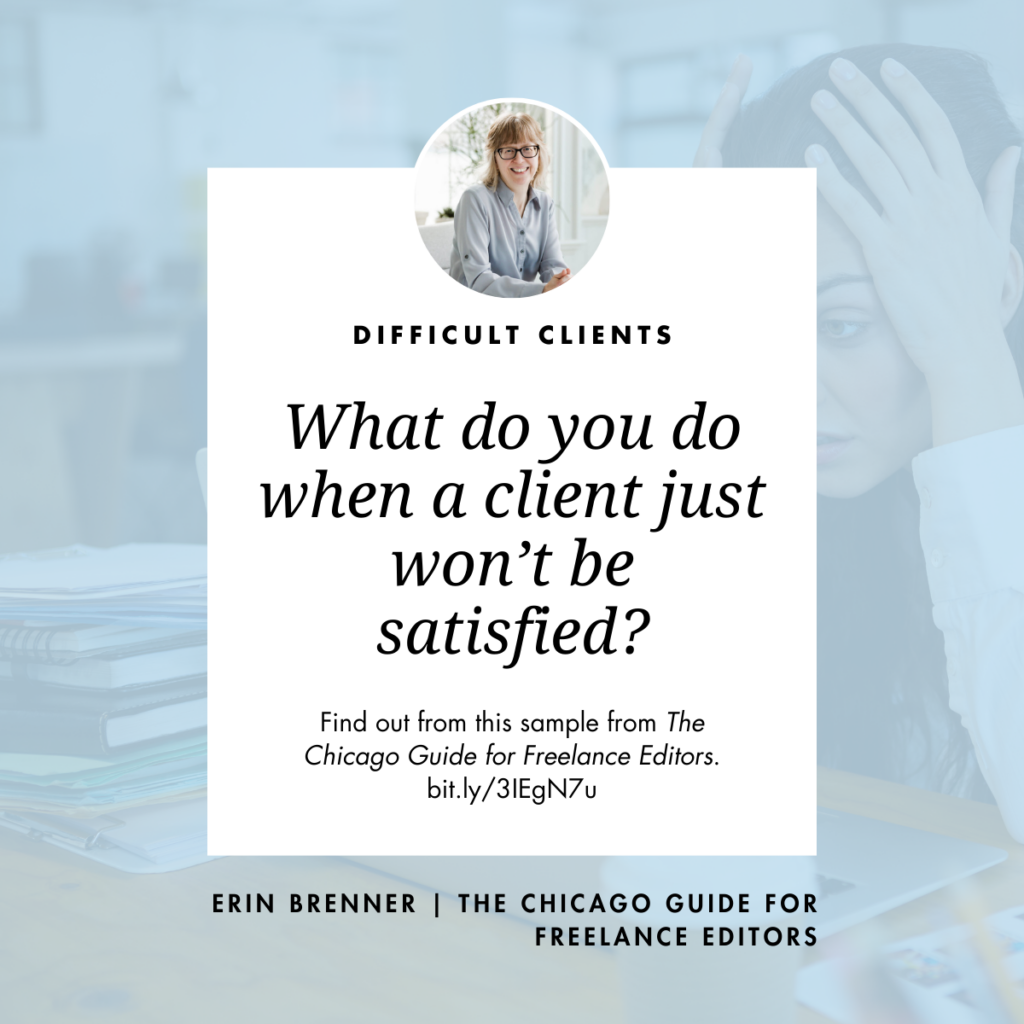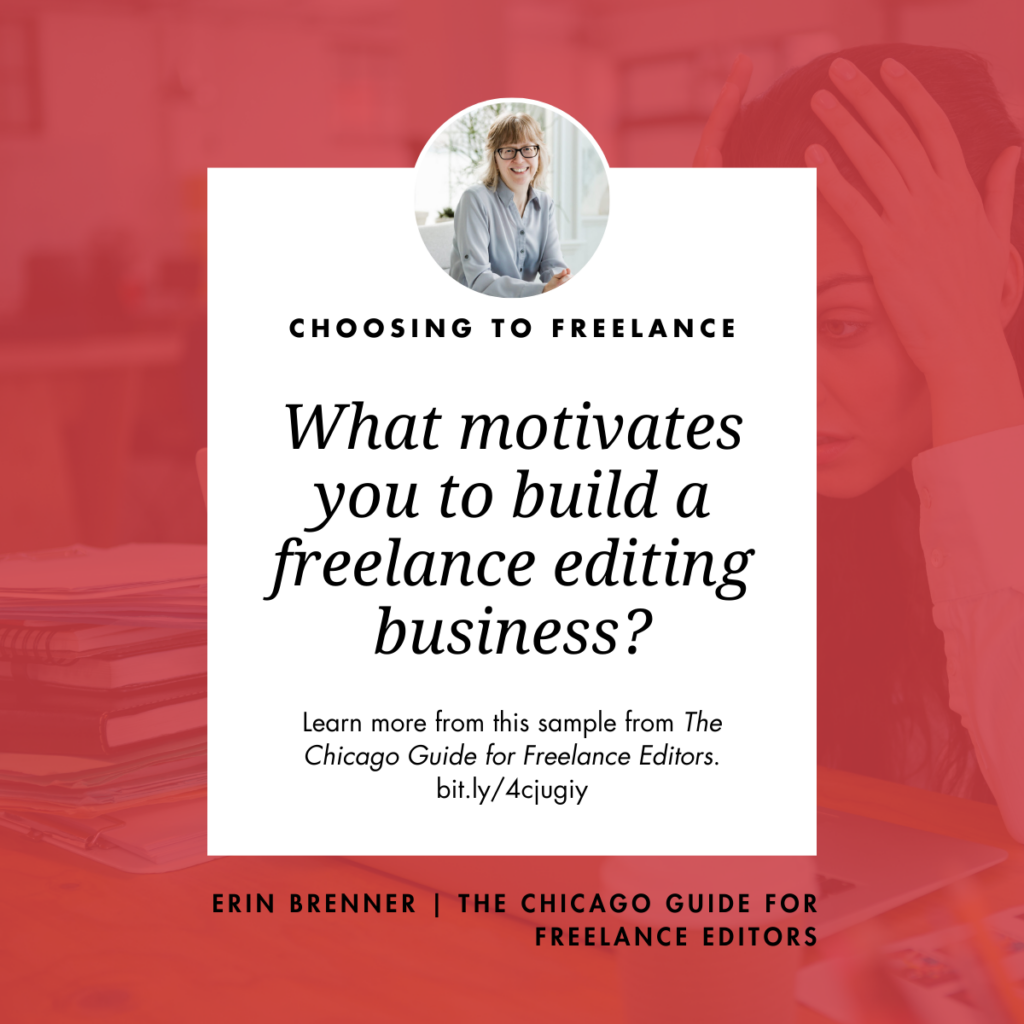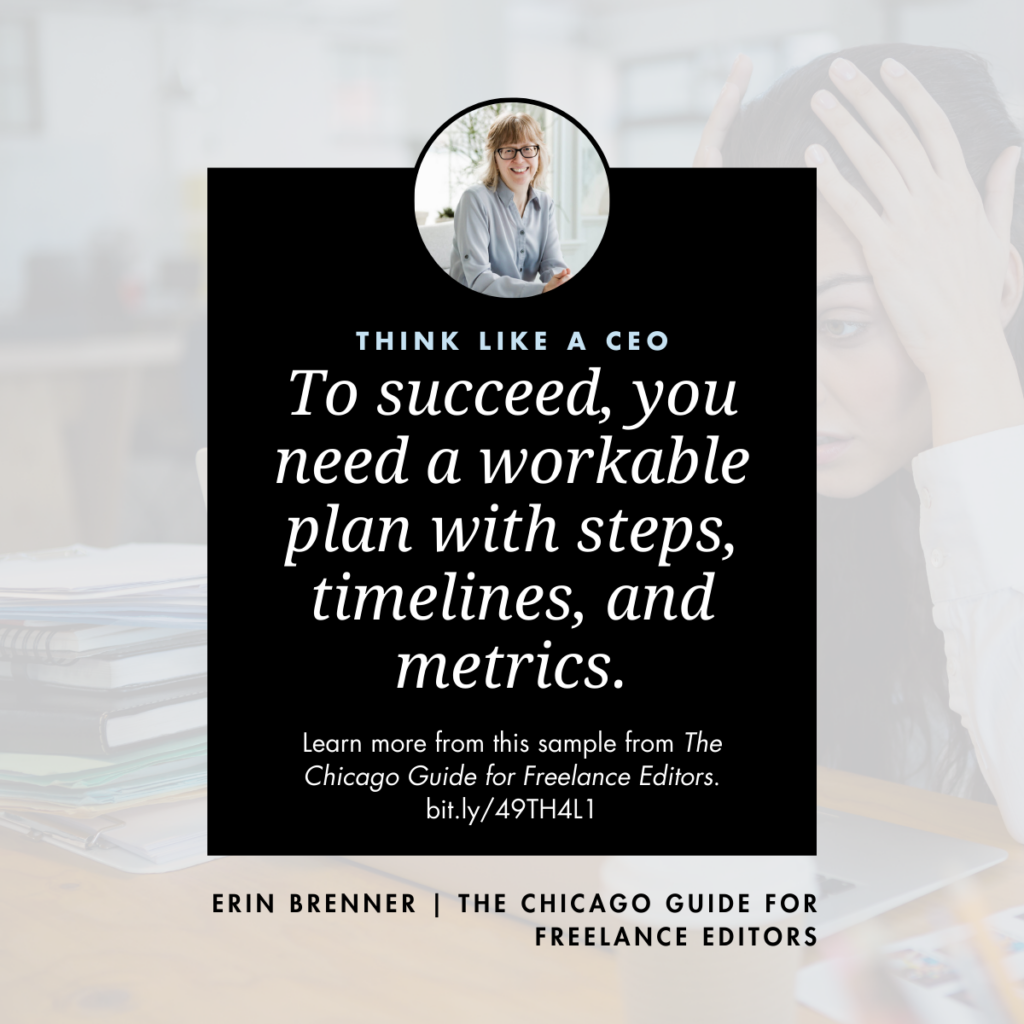The Effects of Stress
In my teens, I worked at a local McDonald’s. Fast food is all about constant motion. If you’re not waiting on customers or cooking, you should be restocking or cleaning. Idleness is strongly discouraged. That worked just fine with my type A personality and the work ethic I’d been raised with. The problem was how detrimental such thinking was to my mind and body. I was always tense and stressed. I suffer from migraines, and the more stressed I was, the more migraines I got. I was often under-rested and unpleasant to be around as a result. I took that constant-motion mindset into my professional life, working myself into illness on more than one occasion, only in the last several years really understanding what I was doing to myself.
The more we understand about stress, how it affects us, and how we can manage it, the better we can take care of ourselves and our businesses. Let’s dive in.
The Long-Term Effects of Stress
It’s tempting to work all the available hours to get your business off the ground and keep it going. But you are your business and if you don’t take care of yourself, you can’t work and you won’t earn a living. The effects of overworking and not taking care of ourselves are well known. In the short term, we lose our ability to hold our focus. Licensed counselor Suzanne Degges-White, PhD, writes:
Stress overworks the brain and when you’re constantly overloading and dividing your limited attention span between computer screens, cellphones, conversations, and worries about what you should be doing that you don’t have the time to do, you lose the ability to pay attention to what is going on around you.[i]
With intense tasks like editing, we may find our minds wandering while we work, and we can miss obvious errors in the text—not a good look for our businesses. Stress can also lead to a hyper-focusing state called tunneling that has us focusing on the wrong things, like email instead of the edit that’s due to a client. “We get captured by whatever’s in front of our face, and we don’t give ourselves the space or introspection to think about what might be more meaningful to do,” says Anandi Mani, professor of behavioral economics at the Blavatnik School of Government at University of Oxford.[ii]
Many people have been conditioned to believe that we “must always be productive,” says Matthew Glowiak, PhD, clinical faculty at Southern New Hampshire University. “[That] comes with significant consequences, which may include but are not limited to burnout, depression, anxiety, resentment, and a whole host of other negative implications.”[iii]
It gets worse.
Working too many hours over the long term can lead to serious health problems and even death. According to a World Health Organization (WHO)/International Labour Organization study, working fifty-five hours or more per week can result in a 35 percent higher risk of stroke and a 17 percent higher risk of ischemic heart disease compared to working thirty-five to forty hours a week, and in 2016 long work hours led to 745,000 deaths from stroke and heart disease.[iv] The result isn’t immediate, either. The study noted that while deaths occurred in people aged 60–79 years, they had worked long hours when they were aged 45–74.
The solution, then, is twofold: keeping a handle on your work hours by managing your time and workload (see chapters 9 and 11), and reducing stress by practicing a self-care routine. Self-care might be a bit of a buzzword right now, but what it describes is something vital to our health. Says Glowiak, “Self-care includes anything you do to keep yourself healthy—physically, mentally and spiritually.”[v] Self-care is not being selfish; it’s being responsible by meeting your individual needs. While it doesn’t mean self-indulgent, what’s indulgent for one person might be mandatory self-care for another. Sleeping long hours every day might be indulgent for healthy people, but for those with a debilitating illness it might be the only way they can lead their lives.
But does it work?
Yes. Glowiak notes that self-care “has been clinically proven to reduce or eliminate anxiety and depression, reduce stress, improve concentration, minimize frustration and anger, increase happiness, improve energy, and more.” It can also reduce the risk of heart disease, stroke, and cancer, and it can give your spiritual life a boost.[vi]
Notes
[i] Suzanne Degges-White, “You Really Do ‘Need’ a Vacation,” Psychology Today, July 15, 2018, https://www.psychologytoday.com/us/blog/lifetime-connections/201807/you-really-do-need-vacation.
[ii] Brigid Schulte, “How Busyness Leads to Bad Decisions,” BBC, December 2, 2019, https://www.bbc.com/worklife/article/20191202-how-time-scarcity-makes-us-focus-on-low-value-tasks.
[iii] Matthew Glowiak, “What Is Self-Care and Why Is It Important for You?” Southern New Hampshire University, April 14, 2020, https://www.snhu.edu/about-us/newsroom/health/what-is-self-care.
[iv] “Long Working Hours Increasing Deaths from Heart Disease and Stroke: WHO, ILO” (press release), World Health Organization, May 17, 2021, https://www.who.int/news/item/17-05-2021-long-working-hours-increasing-deaths-from-heart-disease-and-stroke-who-ilo.
[v] Glowiak, “What Is Self-Care and Why Is It Important for You?”
[vi] Glowiak.
Reproduced with permission from The Chicago Guide for Freelance Editors: How to Take Care of Your Business, Your Clients, and Yourself from Start-Up to Sustainability by Erin Brenner, forthcoming from the University of Chicago Press in April 2024.
© 2024 by Erin Brenner. All rights reserved.







